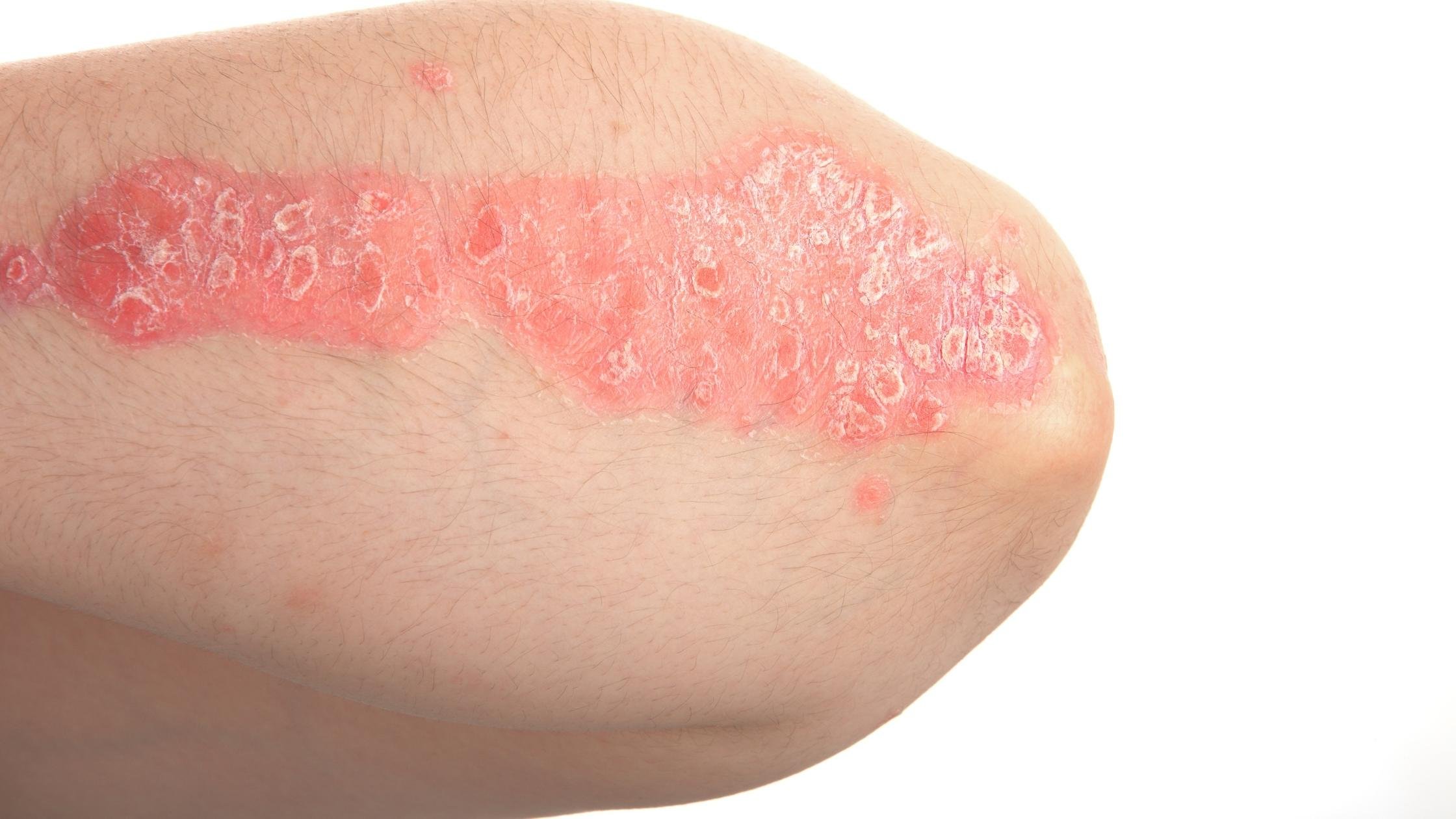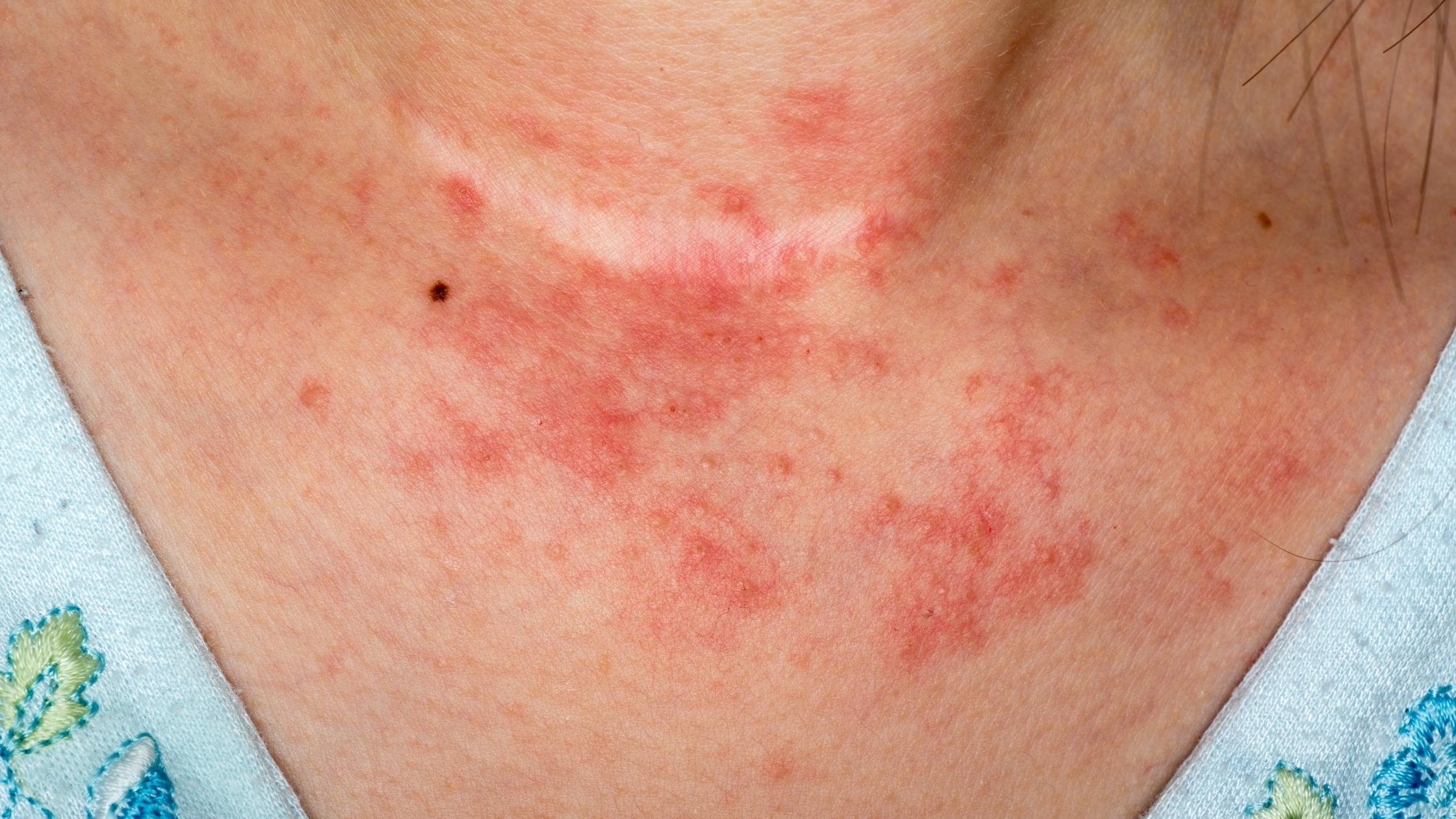Psoriasis vs Eczema: Know the Difference
Dry skin conditions are a common problem, especially in winter when the air is cold and dry. Many people believe that psoriasis and eczema are the same conditions, but they are quite different. In this blog, we will take a look at the differences between psoriasis and eczema, including their symptoms and treatment options. Knowing the difference can help you get the treatment you need to feel better.
Psoriasis vs Eczema: Understand the Difference
While psoriasis and eczema have similar symptoms, they are two very different skin conditions. Psoriasis is an autoimmune disease that causes the body to overproduce skin cells. Eczema, on the other hand, is a condition that results in dry, irritated, and inflamed skin.
What is psoriasis?
Psoriasis is a chronic autoimmune disease that causes the body to overproduce skin cells. This overproduction of skin cells leads to the formation of scaly, red, and itchy patches on the skin. Psoriasis can be a very debilitating condition, as it can cause severe pain and itching. It can also lead to depression and anxiety.
What are the Symptoms?
The most common symptom of psoriasis is the formation of scaly, red, and itchy patches on the skin. These patches can be very painful and can cause a great deal of itching. Other symptoms of psoriasis include joint pain, fatigue, depression, and anxiety.
What is eczema?
Eczema is a condition that results in dry, irritated, and inflamed skin. This condition can be very painful and itchy, and can often lead to secondary infections. Eczema is not contagious, but it can be very uncomfortable and inconvenient.
There are many different types of eczema, but the most common type is atopic eczema. An atopic eczema is a form of eczema that is often hereditary. It can be very difficult to treat, and often requires a combination of medication and lifestyle changes.
What are the Symptoms?
The most common symptom of eczema is dry, irritated, and inflamed skin. This can lead to a great deal of itching, redness, and swelling. Other symptoms of eczema include scaling, crusting, bleeding, or infection in the affected area.
What are the Causes of Psoriasis and Eczema?
It is unknown what the exact cause of psoriasis is, but many doctors believe it's an autoimmune disease. Eczema, on the other hand, is the byproduct of several different factors. These include genetics, environment, allergies, and stress.
What Triggers These Skin Conditions?
Several different factors can trigger both psoriasis and eczema. For example infections, injuries, stress, and certain medications can trigger psoriasis. Eczema triggers are most often by skin irritants like soaps, detergents, and chemicals.
How to Treat Psoriasis?
There is no cure for psoriasis, but there are many treatments available that can help manage the symptoms. Common treatments include topical treatments, light therapy, and oral medications.
Other alternative treatments like acupuncture and herbal medicines can also be effective in managing psoriasis symptoms.
Eczema Treatments
There is no cure for eczema, but there are many treatments available that can help to manage the symptoms. Common treatments for eczema include topical treatments, special moisturizers, antihistamines, corticosteroids, and immunosuppressants.
If you think you may have psoriasis or eczema, it is important to see a doctor or dermatologist for an accurate diagnosis. Treatment for psoriasis and eczema can be very effective, but it is important to find the right treatment for you.
Acupuncture for Psoriasis
Acupuncture is becoming an increasingly popular treatment for psoriasis. This is because acupuncture helps improve the flow of energy and blood in the body, which can help to reduce inflammation and pain. Several studies have shown that acupuncture can be an effective psoriasis treatment. One study found that acupuncture was more effective than a placebo in the treatment of psoriasis. Another study found that acupuncture was as effective as the conventional psoriasis treatment, methotrexate.
If you are interested in trying acupuncture for psoriasis, you can join us for community acupuncture and speak to one of our physicians about your symptoms.
Natural Treatments for Skin Conditions
Many different natural treatments can be effective in the treatment of psoriasis and eczema. These include:
Aloe vera: Aloe vera is a succulent plant that has anti-inflammatory and analgesic properties. You can apply it topically to the skin or take it orally in the form of a gel or capsule.
Apple cider vinegar: Apple cider vinegar has anti-inflammatory and antiseptic properties. Similar to aloe vera, you can apply it topically to the skin or take it orally in the form of a tonic.
Coconut oil: Coconut oil has antimicrobial, anti-inflammatory, and moisturizing properties. Coconut oil is applied topically to the skin or taken orally in the form of a capsule.
Argan oil: Argan oil has anti-inflammatory, antioxidant, and moisturizing properties. You should apply the oil topically onto the skin.
Calendula: Calendula has anti-inflammatory, antiseptic, and healing properties. Like most natural treatments, you can apply it topically to the skin in the form of a cream or ointment.
Chamomile: Chamomile has anti-inflammatory and calming properties. It is normally taken orally in the form of tea, but you can also apply it to the skin in the form of a cream.
Scalp Psoriasis
Scalp psoriasis is a type of psoriasis that affects the scalp. Symptoms of scalp psoriasis include red, scaly patches on the scalp, itching, burning, soreness, and hair loss.
Scalp psoriasis can be treated with several different treatments. These include topical treatments such as corticosteroids, calcipotriol, dithranol, and tazarotene. Light therapy is another treatment that is used and includes psoralen plus ultraviolet A (PUVA), and narrowband ultraviolet B (NB-UVB) lights. If you think you may have scalp psoriasis, it is important to see a doctor or dermatologist for an accurate diagnosis. Treatment for scalp psoriasis can be very effective, but it is important to find the right treatment for you.
Conclusion
Psoriasis and eczema are both skin conditions that can be treated with acupuncture, organic medicine, and other natural treatments. It is important to know the differences between psoriasis and eczema so that you can get the most effective treatment for your condition. Causes of psoriasis and what triggers it to activate vary from person to person, so it is important to work with a healthcare professional to find the best treatment plan for you. If you are experiencing scalp psoriasis, there are several treatment options available that can help clear up your symptoms.
You can also join us for community acupuncture and ask our physicians about what holistic treatment options are available to you!




